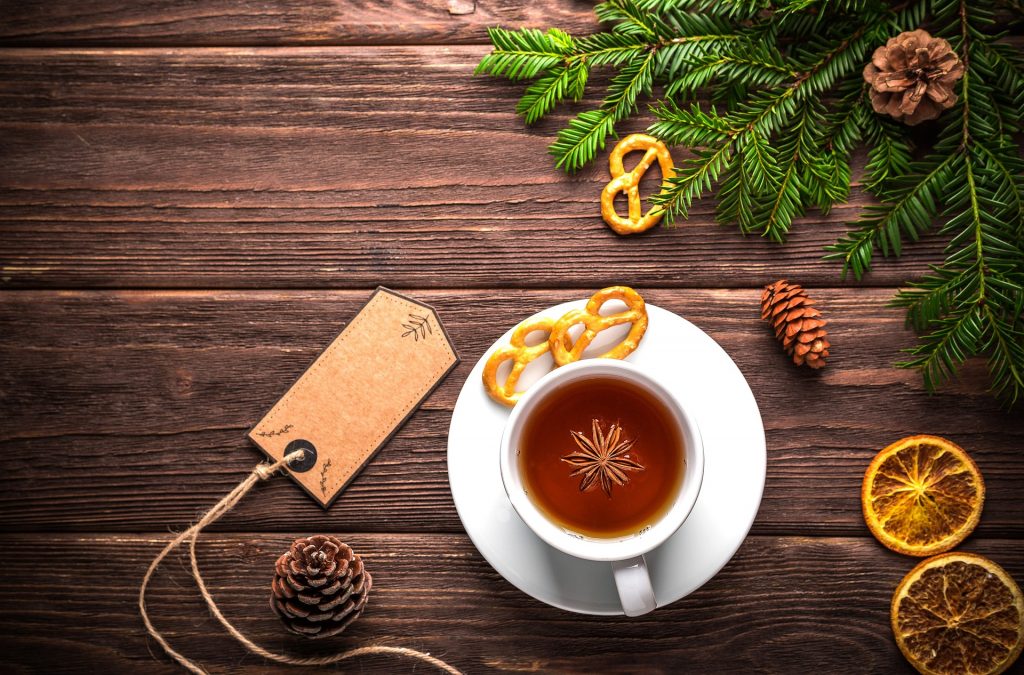The holidays can be a challenging time for those with food allergies, an estimated 4% of adults and 8% of children in the U.S.

Here are nine tips to help navigate safely through the season.
- If you are hosting a holiday event, check with your guests about allergies before planning the menu.
- When planning to attend parties and dinners, give your host a heads up about food allergies as soon as you receive the invitation. Offer to bring food to share.
- Bring allergen-free snacks to holiday parties at school or work and include an ingredient list card. Also bring your own serving spoon to avoid cross-contamination.
- If traveling over the holidays, it may be more convenient to bring allergy-free foods with you, rather than hoping your hosts can accommodate your needs or trying to find foods you need in a different community.
- Do not overlook the turkey—basted or self-basting turkeys can include common allergens such as soy, wheat, and dairy. The safest bet is choosing a turkey with minimal ingredients that are clearly listed on the food label.
- Hang onto food labels. Keep the ingredient labels from holiday foods and ingredients in case there are questions about possible allergens.
- Remember, because of cross-contamination from milk chocolate, it is not uncommon for dark chocolate products to also contain milk, even when not declared on the label.
- Before going to events with food, go over ‘the rules’ with your children and remind them to check with you before eating anything.
- Eat before you go to parties. To play it safe, eat a light meal ahead of time and possibly pack an allergen-safe snack.
Adapted from:
- National Jewish Health: http://www.nationaljewish.org/healthinfo/lifestyle/health-infographics/hidden-holiday-food-allergens
- Food Allergy Research & Education: http://www.foodallergy.org/allergens
The ‘Big 8’ Food Allergens
- Milk
- Eggs
- Tree Nuts
- Peanuts
- Fish
- Shellfish
- Wheat
- Soybeans


